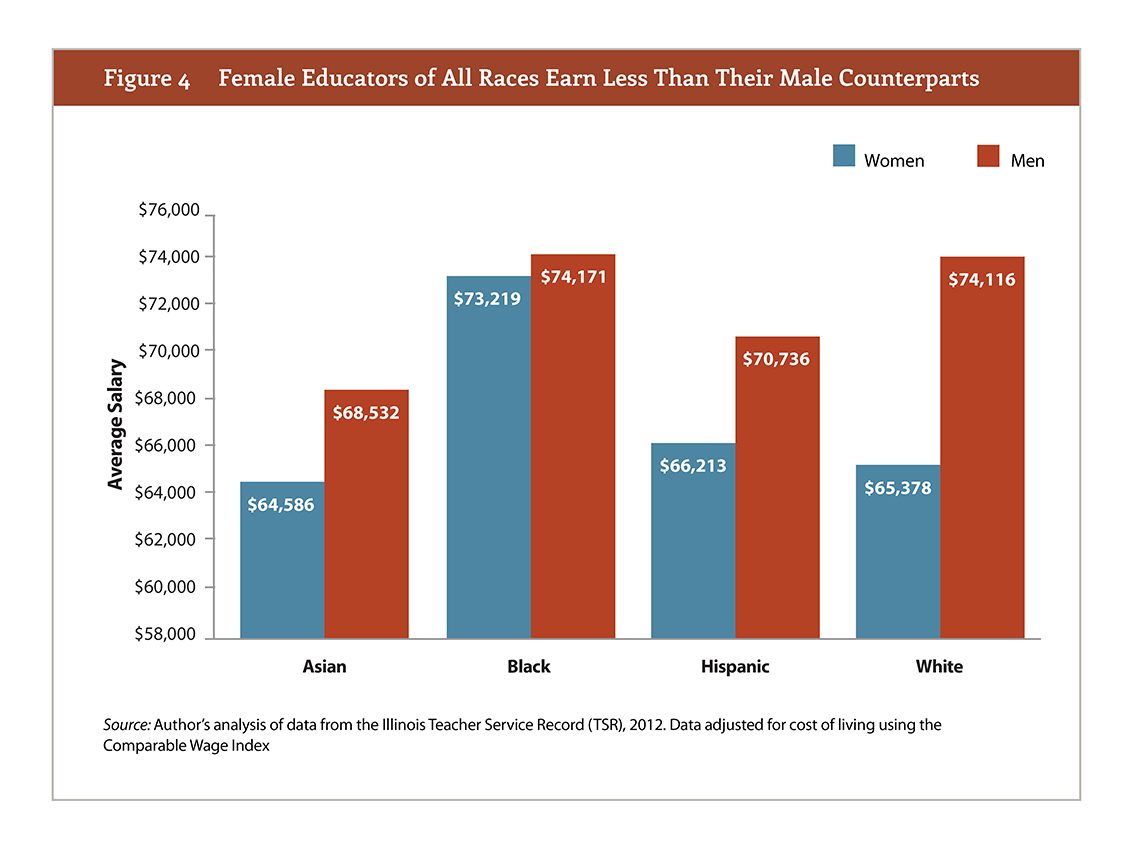The recent firing of FBI Deputy Director Andrew McCabe prompted a political firestorm. In addition to the posturing and prognosticating, many observers were outraged that he was fired just hours before he could retire with full pension benefits. The concept of suddenly losing your retirement savings is understandably alarming to most Americans. If nothing else, the McCabe example is a good reminder that at-will employment and back-end “guaranteed” benefit systems are not always a sure thing. For that reason, the McCabe story draws many parallels to the problems with current teacher retirement benefits.
Let’s first discuss the real consequences of McCabe’s firing on his pension. Then, tackle how the worry over his financial future is more aptly applied to teachers and their pension benefits.
McCabe was fired right before his 50th birthday. The timing is significant because under the Federal Employees Retirement System (FERS), law enforcement officials qualify for early retirement with full-benefits at age 50 if they have at least 20 years of service. Other federal employees who do not work in law enforcement, say at the U.S. Department of Education, aren’t eligible for this deal.
So, McCabe’s pension hasn’t been emptied out. But that isn’t to say it hasn’t been negatively affected. McCabe won’t qualify for full benefits for another 7 years, his multiplier will get bumped down, and he lost post-employment health coverage. In the end, this adds up to a considerable financial loss. According to an analysis from the Urban Institute, McCabe lost over $1 million in total pension wealth, amounting to around three-quarters of its total value.
Some have argued that it’s not worth shedding tears over McCabe’s predicament (at least in terms of his retirement), since federal pensions are generous. I’m not particularly interested in litigating how much financial loss is worthy of sympathy. However, it is fair to say that in the end McCabe still will receive a pension. And in the meantime, he likely will be able to find gainful employment elsewhere, retire again, and collect Social Security.
In some ways, McCabe is more fortunate than most teachers.
